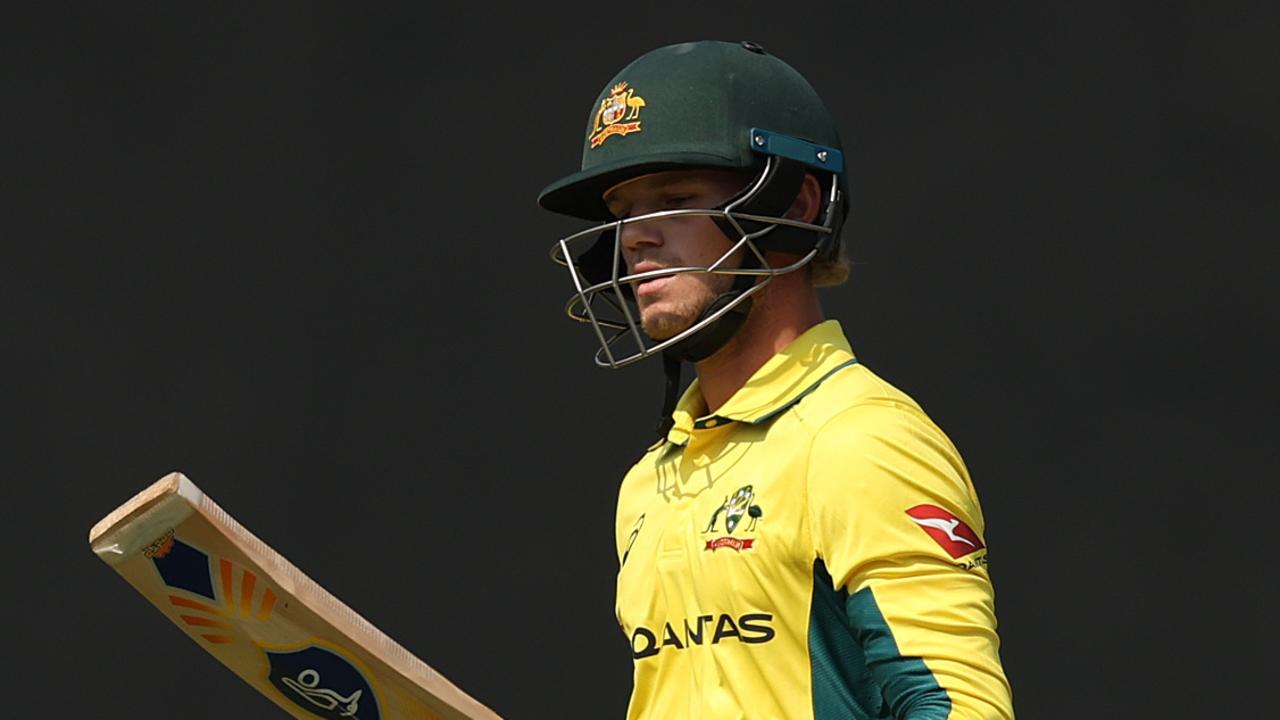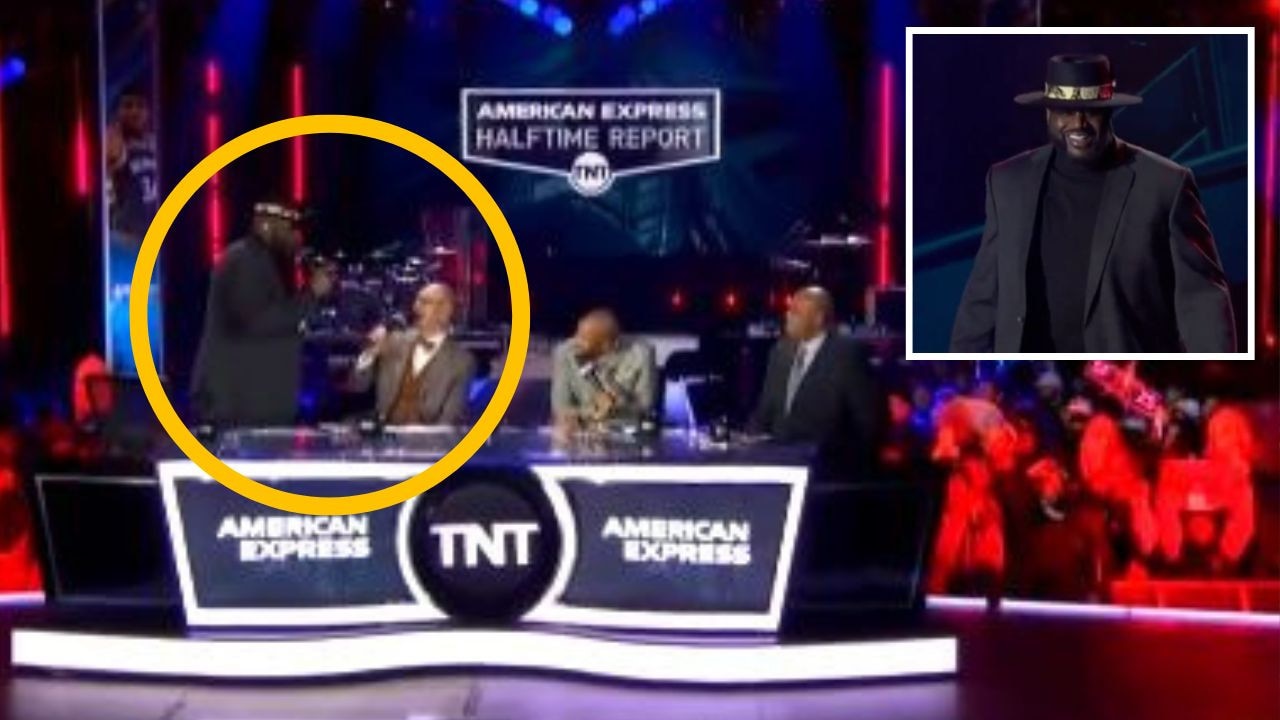Sports rejecting new concussion rules will be tough to sue at elite level, but juniors may prove a different story: Lawyer
The new three-week stand down rule for concussion cases in community sport has been well received by medical professionals, but will be difficult to enforce without one key aspect, and may differ from elite level sport.
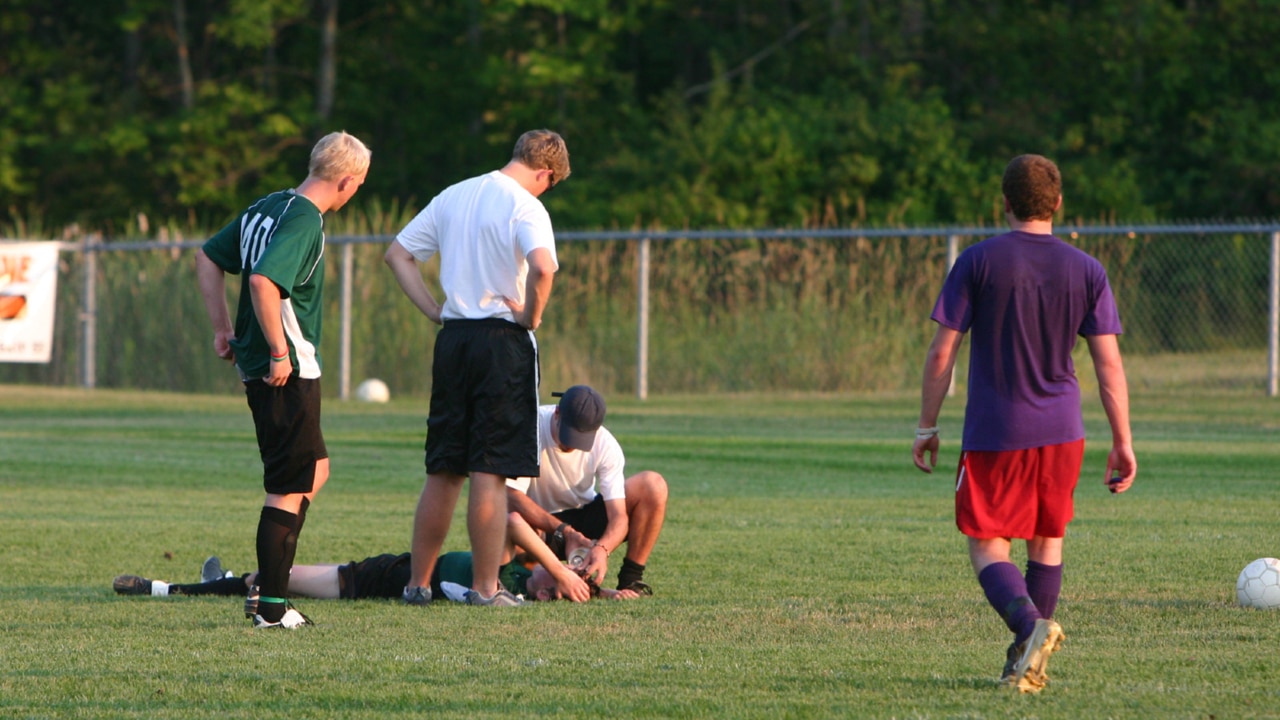
Sport
Don't miss out on the headlines from Sport. Followed categories will be added to My News.
Major professional sporting codes are unlikely to face expensive litigation from former players if they do not adopt the new concussion protocols announced by the Australian Institute of Sport, an expert says.
While the AIS, and counterparts in New Zealand and Britain, announced a policy for junior and recreational athletes to have a minimum three-week stand down following a head knock, professional sporting bodies including the AFL and NRL have not immediately taken up the recommendation.
Doesn’t this leave them vulnerable to further lawsuits from players who develop CTE symptoms and other concussion related trauma?
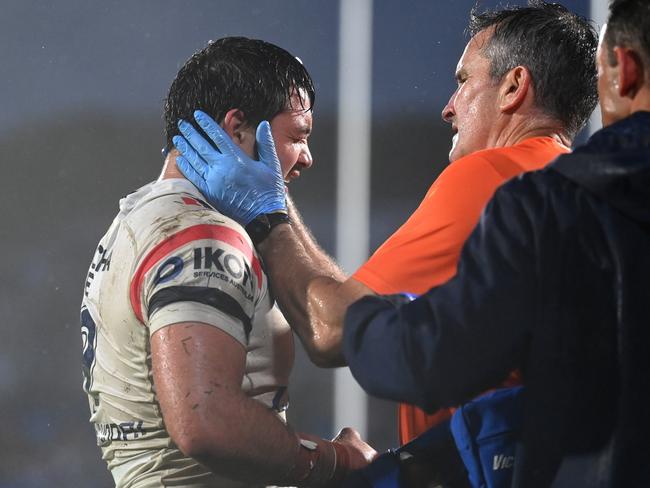
Not quite, according to Jonathan Liberman, Associate Professor in Law and Global Health at the University of Melbourne’s law school.
“The distinction between the elite level and youth and community sports is really important to make,” Professor Liberman said.
“The approach is, ‘If in doubt, sit them out’. There is usually a lot more doubt at the non-elite level because you don’t have the same resources and expertise available.
“Elite athletes have club doctors who can monitor them individually and tailor specific programs for return to play, whereas at the junior and recreational level, you just don’t have that same level of individual care.
“So from a legal perspective, I don’t think the professional sporting bodies would be vulnerable if they didn’t adopt the advice at the elite level, but you’d expect that they’d recommend that it be followed at youth and community levels.”
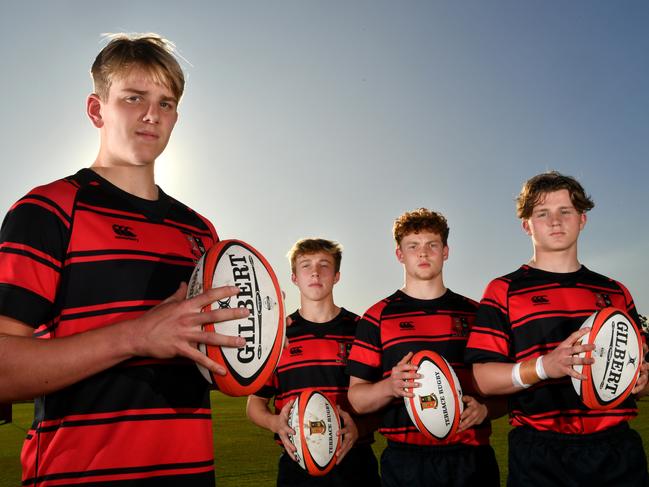
While professional athletes have doctors monitoring them regularly after head knocks, have access to their full medical history and can out them through a range of specific testing, community clubs are reliant on one or two doctors spread across entire competitions, and the openness of players to self-report.
That in itself can be a tricky task as young athletes, particularly those who play between school and club teams and may miss important games, can play down their injuries or keep them secret.
So while the three-week stand down policy has been widely hailed by medical experts, monitoring each case will be difficult without a nationwide database as many have called for.
Allowing school and club coaches to access information regarding concussions in their players will prevent many cases, former Geelong physical education teacher Ric Thompson said.
“I think change is coming (with school concussion protocols) … but there’s no data to act upon,” Thompson said.
“I’d like to see more data gathered in schools so we can make a better decision.
“I’m not sure what happens with that information at the department level.
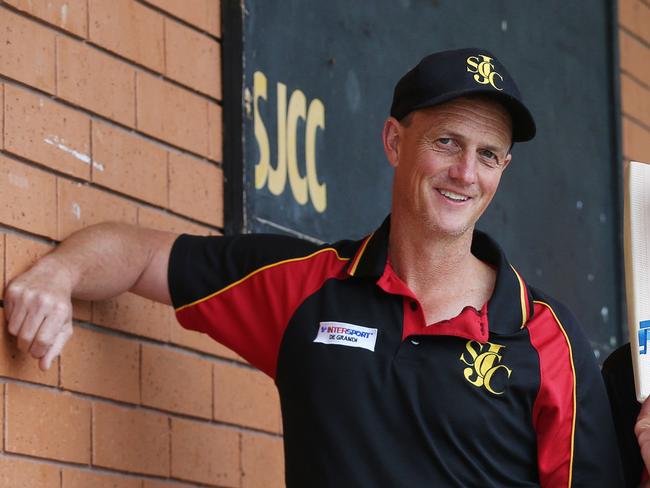
“The data’s there. It’s the collation of that information (which must be improved).
“Usually data would inform the decision making going forward … but if there is no data, it’s actually really challenging to make an informed decision.”
While dozens of sports have adopted the new AIS concussion guidelines, professional organisations who have not are the AFL, NRL, Rugby Australia, Cricket Australia, Football Federation Australia, Netball Australia and Tennis Australia.
More Coverage
Originally published as Sports rejecting new concussion rules will be tough to sue at elite level, but juniors may prove a different story: Lawyer




